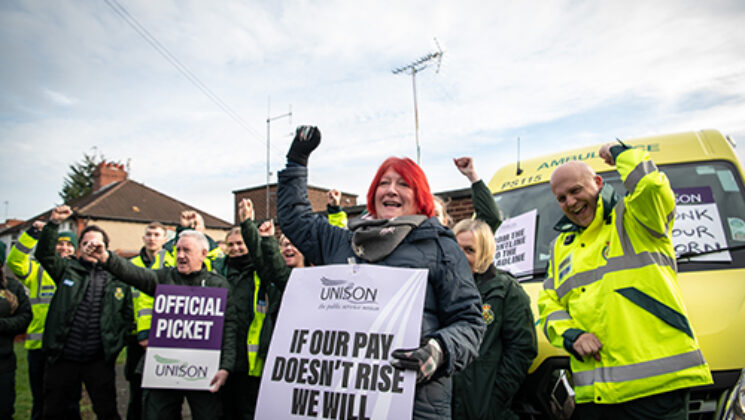UNISON is organised into service groups, which are made up of all the members working in the same sector.
Every member of UNISON is in a service group, and they make sure that UNISON’s services stay relevant and useful to all members.
Every member is entitled to stand for election for the service group executive, which oversees each service group, including matters such as national bargaining.
These elections take place every two years, between elections to the national executive council.
You also have a right to seek election as a delegate to your annual service group conference, representing colleagues in your branch
List of service groups
UNISON has seven service groups:
- Health – including nurses, midwives, health visitors, paramedics and cleaners.
- Local government – including housing officers, probation officers and council staff.
- Higher education – including teaching and support staff.
- Police, justice and CAFCASS – including police staff and probation workers.
- Community – people working for charities, housing associations, non-profit organisations and grant-aided projects.
- Water, environment and transport – workers at passenger transport executives, bus companies, British Waterways and regional airports as well as scientists, technicians, industrial workers and call centre staff, among others.
- Energy – those who work in the electricity and gas industries.
Service group executives and democracy
Every member is entitled to stand for election for the service group executive, which oversees each service group, including matters such as national bargaining.
These elections take place every two years, between elections to the national executive council.
You also have a right to seek election as a delegate to your annual service group conference, representing colleagues in your branch.

